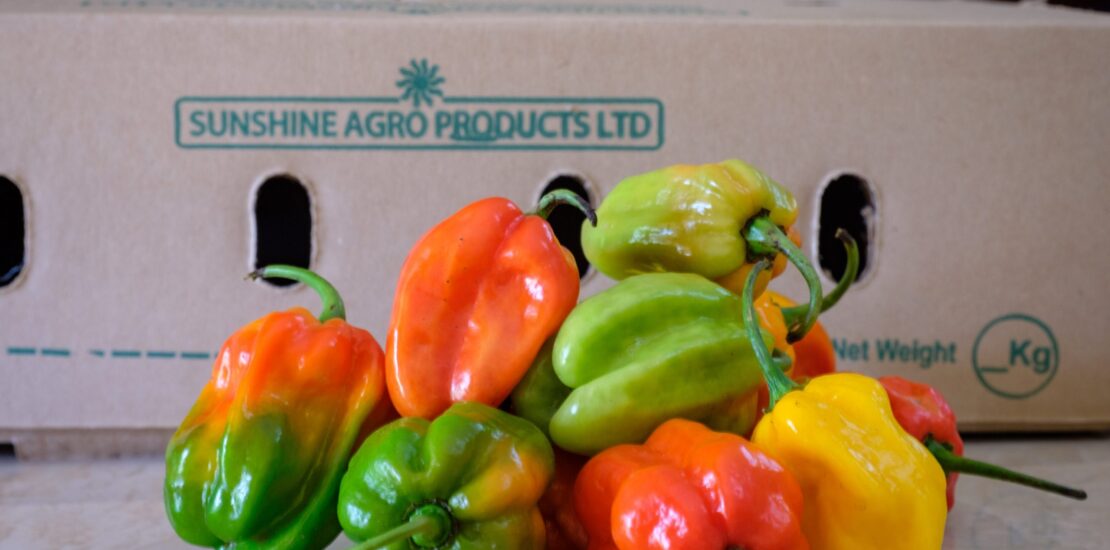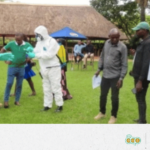Update on plant health rules for fresh capsicum exported to the EU
- 01/07/2020
- Posted by: Gaetan Dermien
- Category: Africa, Cape Verde, Madagascar, Mauritius, News, Uncategorized

An update of COLEACP Guidelines on the Export of Capsicum from Africa, Madagascar, Cape Verde, and Mauritius has just been published.
This guide explains clearly what needs to be done to ensure that capsicum exports are in compliance with EU phytosanitary requirements. It details the information to be provided, and actions to be taken, at all stages from production to export by producers and exporters, as well as by the national authorities and inspection services.
The document has been updated to cover new information and regulatory amendments which are important to note. The main changes compared to earlier versions include:
- Text to be included in the “Addition Declarations” in the phytosanitary certificate
- Details on additional quarantine pests
- Information on how to add an annex to the phytosanitary certificate
The document is divided into two parts. Part One provides details of the special measures required under the regulations for priority quarantine pests on capsicum including false codling moth (Thaumatotibia leucotreta), tomato fruit borer (Neoleucinodes elegantalis) and fall armyworm (Spodoptera frugiperda). It describes the options that can be selected to ensure that exports are pest free, and gives a clear explanation on how to complete the phytosanitary certificate. Rules for these pests are strict and correct completion of the certificate is essential to avoid administrative problems and potential destruction of shipments at EU border controls.
Part Two of the document is a guideline for preparing a dossier for submission to the EU on management of false codling moth on capsicum, according to Implementing Directive (EU) 2019/523. It gives a framework to guide the process of developing a national action plan and submitting a dossier to the EU, outlining the various elements that must be included.
This publication is part of a collection of training tools, teaching aids and technical documents that are available online for COLEACP members.

![EU and GB approval changes (January-May 2024) 9-FFM+-[ENG]](https://news.colead.link/wp-content/uploads/2024/06/9-FFM-ENG-150x150.jpg)

